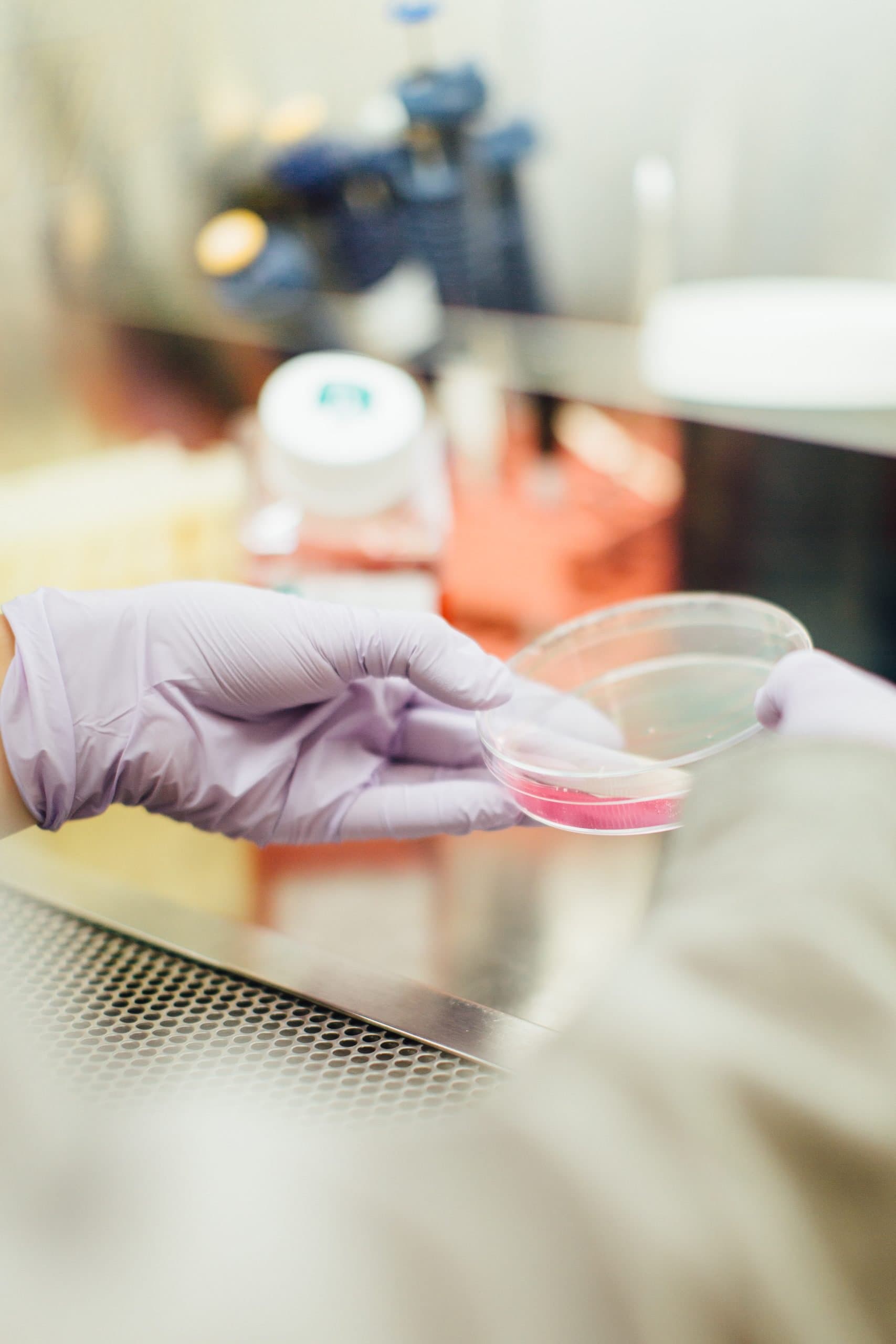Subscribe for full access to insider info and the optimizer.
Unlock access to the Optimizer and Insider Info
Let our optimizer help you find your college match faster. We’ll screen out the bad fits so that you can review the schools you’ll like best. Who knows? You might find a college you never knew existed.
The Facts
UCAS Code:
BC98
Standard Requirements:
A levels | A*AA
IB | 39, 766 in HL
Required Subjects:
Two A levels in either a Science or Mathematics. IB students must have taken two of Maths, Biology, Physics, and Chemistry at HL.
Advisable Subjects:
None stated by the university.
None stated by the university.
No written work needs to be submitted
43 (27% interviewed, 10% successful)

The Lowdown
Biomedical Sciences is an interdisciplinary degree, similar to Biology and Biochemistry, but with more of a focus on systems biology, cellular and molecular topics, along with neuroscience. Academics in the Faculty, many of whom are renowned in their field and known around the world, help students gain an appreciation of how the human body functions and how it is affected by disease. While students will share a number of lectures with those studying Medicine, they are not medically trained and do not interact with patients. Instead, the course is focused on laboratory-based work. It’s a relatively small course with an intake of less than 50 each year. It’s also one of the 5 most competitive courses at Oxford with an average 10.1 applicants per place over the last 3 years.
In their first year, undergraduates cover a broad range of topics which means they can specialise in the areas which pique their interest. Compulsory topics include Body and Cells, Genes and Molecules, Brain and Behaviour
In their second year, Biomedics can study Pharmacology, Neuroscience, and Psychological Disorders. In their third year, students choose whether to graduate in Cell and Systems Biology or Neuroscience and their studies will be structured to enable an in-depth understanding of the chosen specialisation. If staying on for a fourth year, students gain a Master’s by working on an extended research project and attending seminars.
To apply for Biomedical Sciences, you will need at least two of the following subjects at A Level (or equivalent): Biology, Physics, Chemistry, Maths
Unlock Insider Info
Get insider intel about how to increase your chances of being offered a place, plus access interviews tips and special questions.
The Optimizer
Unlock access to the optimizer
Let our optimizer help you find your college match faster. We’ll screen out the bad fits so that you can review the schools you’ll like best. Who knows? You might find a college you never knew existed.

